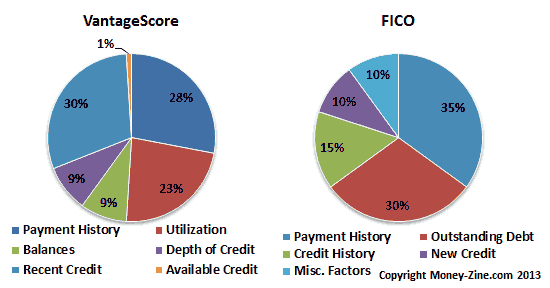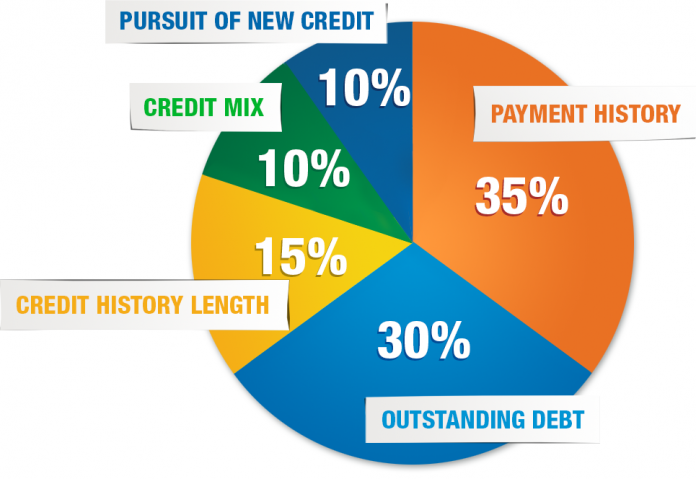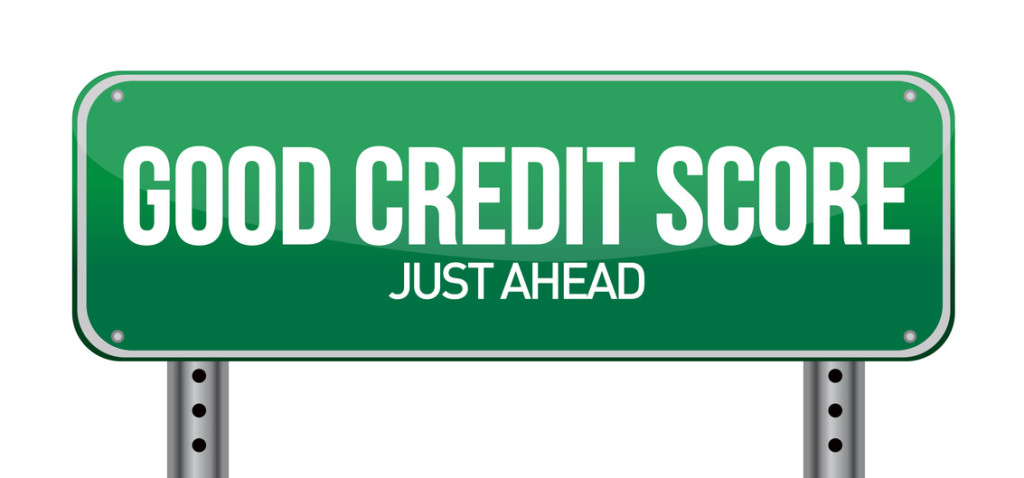Deceptive Mortgage Advertising
I have noticed many companies that are using some deceptive tactics to get applications. Have you seen advertisements from mortgage companies on FaceBook or other social media platforms? Have you received advertisements in the mail from mortgage companies? Do these advertisements seem too good to be true? There are companies that are using bait and switch techniques to get clients in the door only to inform them that they are not qualified for a loan product that they were advertising despite no qualification criteria appearing in the ad. This article will discuss the advertising guidelines, what to look out for, and who to contact should you discover companies falsely advertising their products.

Regulations
When it comes to mortgage loan advertising, there are a couple regualtory bodies that have published their own regulations. These rules that all mortgage companies must live by can offer punitive penalties for not adhering to them. Penaties such as fines, license revocation, and restitution for harm that may have been caused as a result of misrepresented mortgage advertising. Some of these regulations include the Mortgage Acts and Practices-Advertising (MAP) Rule, published by the Federal Trade Commission (FTC), and the Truth in Lending Act (ACT) published by the Consumer Financial Protection Bureau (CFPB).

Truth in Lending (reg Z)
The Truth in Lending Act, also referred to as Reg Z, is the main source for what is and is not allowed when it comes to mortgage advertising. Reg Z was enacted to protect consumers from predatory lending practices and requires that mortgage lenders, or brokers, disclose borrowing costs, interest rates, and upfront fees written in clear language so that consumers can understand all of the terms that are associated with a mortgage loan and make informed decisions. Not only do advertisements need to be clear and concise, without masking or hiding certain limitations, but when the advertisements contain certain trigger terms, additional disclosures are required.
Triggering terms are basically claims or assertions made within the advertisement about a particular loan product, interest rate, down payment, or other enticing features that may lure a consumer to apply to that company instead of another when those products are not available to all that apply. An example of this would be an advertisement that says “0% Down”. While it is true that lenders have mortgage loan programs that are available, those programs might have income limitations, or in the case of Veterans Administration (VA) loans, the consumer must have served in the armed forces and discharged honorably. Another example is promising a lower down payment that is dependent on a loan program, such as HomeReady or HomePossible. With these loan programs there is a limit to how much household income the applicant can have to qualify. So advertising a 3% Down Payment entices a consumer to apply, but once they do, they are told that they need to supply a 5% down payment because their household makes too much money.

How to improve credit score
As mentioned briefly above, there are many ways to improve your score. Here are some pointers:
1. The first and most obvious way is to make on-time payment each month to your creditors. Understandably, sometimes a bill is forgotten or you just did not have the money to pay it that month. Do not let one month, where you may have slipped, destroy your payment rhythm.
2.Pay down your credit cards. Some sources believe that maintaining a balance of less than 30% is ideal.
3. When you start thinking of applying for a home loan, do not apply for new credit until the process is completed. This will lower your average age of credit as well as add inquiries to your credit.
4. If you have derogatory or collection accounts, look to pay them. Sometimes you can contact the creditor and arrange for them to remove the account from your credit completely once you have paid the arranged amount.
You may qualify for a home loan despite some bad on your credit report
The best way to know exactly what you’re working with is to obtain a copy of your credit report. We can help with this if you prefer. There are many programs out there to assist homebuyers that have some negative marks or lower FICO scores. I would encourage anyone that is looking to purchase or refinance a home to speak with a Loan Originator to discuss whether they would qualify. Be honest. I can often qualify a borrower based on a phone call and have a pretty good idea of an approval before even running credit – as long as they are honest, aware, and upfront with the negative on their report. Remember it will all come out in the end. There are people buying houses every day that have negative marks, including bankruptcies, on their credit report. Give us a call or apply online if you are interested in purchasing or refinancing a home.
